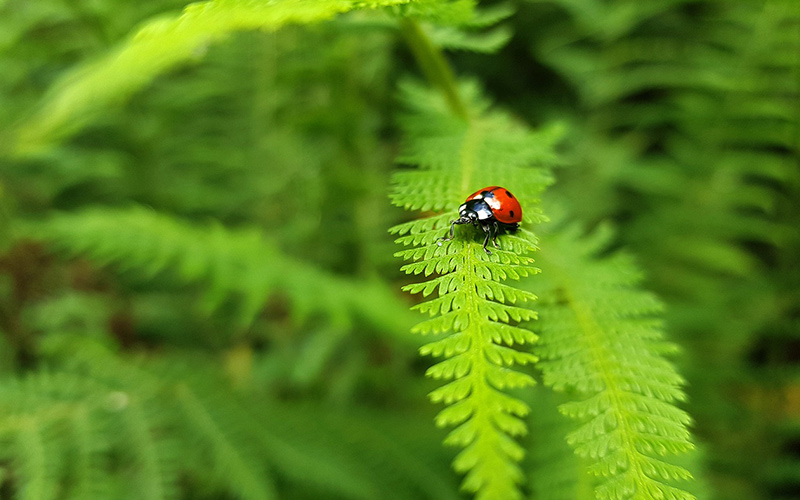
Chicago area scientists are saving the world’s trees – Curbed Chicago
Scientists at the Morton Arboretum are saving trees in Chicago and beyond by counteracting threats like disease, invasive species and pests, and encouraging Chicagoans to get involved with urban forestry at a local level.
A new study examining 115,000 species determined that with the current rate of climate change effects, nearly half of all insect habitats will be lost by the end of this century. Insects are vital to many ecosystems, but are also extremely sensitive to climate change.
Vibrant Cities Lab: Urban Forestry at Your Fingertips – Landscapes for People, Food and Nature
Jad Daley, American Forests’ VP of Conservation Programs, speaks to the value of Vibrant Cities Lab, a tool created by American Forests in partnership with the US Forest Service and the National Association of Regional Councils.
Warmer temperatures make it more difficult for the birds to fly, eat, rest and reproduce, putting plants and flowers that rely on hummingbirds for pollination at risk.
Out of the 200,000 nature reserves in the world, roughly one-third is threatened by human activities like mines, logging, farms, cities and more, and it’s likely humans will continue to encroach on nature as populations rise.
How to build a butterfly garden: advice on making your yard a favorite for migrating monarchs – Omaha World-Herald
Create a haven for butterflies in your yard this summer with these tips, including planting milkweed, limiting pesticides and adding wildflowers!